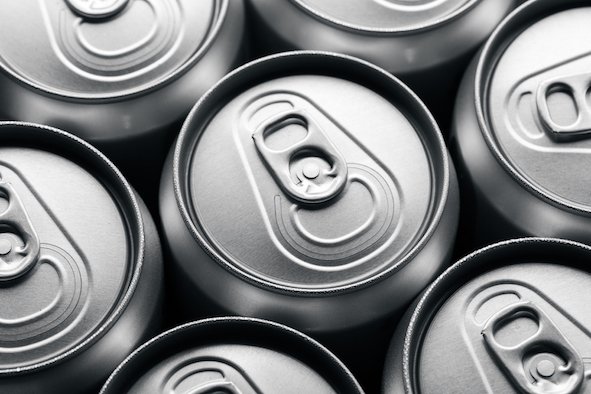Inside BENEO’s new pulse plant: pioneering sustainable protein from faba beans
The two companies have signed an MOU committing to work with supply chain partners
London-based Rio Tinto and Belgium-based Anheuser-Busch InBev (AB InBev), the world’s largest brewer, have recently formed a global partnership to deliver a new standard of sustainable aluminium cans. The two companies have signed an MOU committing to work with supply chain partners to bring AB InBev products to market in cans made from low-carbon aluminum that meets industry-leading sustainability standards.
Initially focused in North America, the partnership will see AB InBev use Rio Tinto’s low-carbon aluminium made with renewable hydropower along with recycled content to produce a more sustainable beer can. This will offer a potential reduction in carbon emissions of more than 30 percent per can compared to similar cans produced today using traditional manufacturing techniques in North America.
The partnership will also leverage outcomes from the development of ELYSIS, a disruptive zero-carbon aluminium smelting technology. The first 1 million cans produced through the partnership will be piloted in the United States on Michelob ULTRA, the fastest growing beer brand in the country.
Currently, around 70 per cent of the aluminium used in AB InBev cans produced in North America is recycled content. By pairing this recycled content with low-carbon aluminium, the brewer will take a key step towards reducing the carbon emissions in its packaging supply chain, which is the largest contributor of emissions by sector in the company’s value chain.
Through the partnership, AB InBev and Rio Tinto will work together to integrate innovative technology solutions into the brewer’s supply chain, advancing its transition toward more sustainable packaging and providing traceability on the aluminium used in cans.

